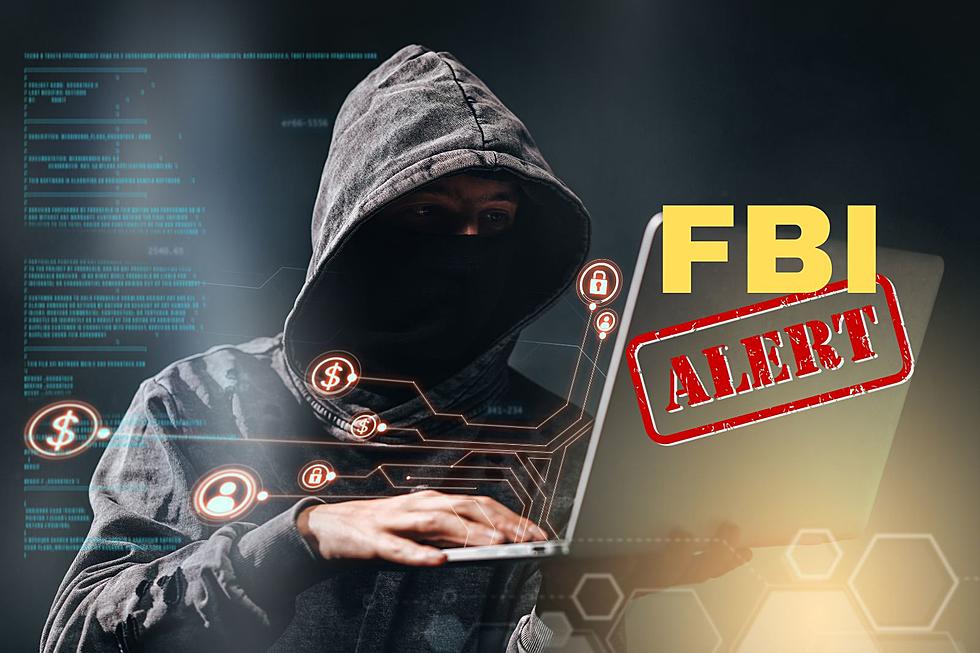
FBI ALERT: ‘Phantom Hacker’ Draining Michigan Retirement Accounts
The Federal Bureau of Investigations (FBI) has placed Michigan seniors on high alert as a new cyber attack threatens their retirement savings. Though the tactics remain the same, the identities these criminals are using have evolved.
Related: Michigan's Top 5 Scam Alerts for 2023 to Date
These new, craftier scams have evolved from your average 'tech deception' and blended digital support, financial institution, and even government personas into a 3 step process that could bleed retirement accounts dry. Here's the official warning from the Feds:
Between January and June 2023, 19,000 complaints related to tech support scams were submitted to the FBI Internet Crime Complaint Center (IC3), with estimated victim losses of over $542 million. Almost 50% of the victims reported to IC3 were over 60 years-old, comprising 66% of the total losses. As of August 2023, losses have already exceeded those in 2022 by 40%.
So, how do you protect yourself and others in Michigan from becoming the next victim? Let's take a deep dive into how the Phantom Hacker scam works.
How the FBI Says 'Phantom Hacker' Scammers are Accessing Michigan Accounts
Here's a breakdown of the lengths these lowlifes are willing to go to steal a lifetime of dreams:
- Phase 1: Tech Support Imposter
- a scammer reaches out to you posing as a tech support representative for a legitimate company, either via text, email, pop-up ad, or even by phone. From there they sweet-talked you onto the phone, they will guide you through the process of downloading a program that gives them access to your computer, install a fake virus, claim your computer has been hacked, and then the hackers get a good look at your financial holdings.

- Phase 2: Financial Institution Imposter
- now your phone rings and someone claiming they are from your financial institution saying that foreign hackers have taken over your account. They say to protect your savings, they need to move it to a third-party account. Here's the kicker, that account could be the Federal Reserve or another US agency.
Related: URGENT RECALL: Popular Cars in Michigan Could Catch Fire
- Phase 3: US Government Imposter
- If you haven't taken the bait by now, someone will reach out claiming to a Federal Reserve employee then try to convince you how unsafe your money is and emphasize the need to transfer it immediately. They may even send official-looking emails or even letters to convince you your hard-earned life savings are in danger.
Now that you know how they do it, here's how the FBI advises you on how to protect yourself and others against having their accounts drained:
TIPS TO PROTECT YOURSELF
- Do not click on unsolicited pop-ups, links sent via text messages, or email links or attachments.
- Do not contact the telephone number provided in a pop-up, text, or email.
- Do not download software at the request of an unknown individual who contacted you.
- Do not allow an unknown individual who contacted you to have control of your computer.
- The US Government will never request you send money via wire transfer to foreign accounts, cryptocurrency, or gift/prepaid cards.
Related: Who Are You? 7 Identity Thefts You Need to Know About in Michigan
If you suspect scammers are targeting you or someone you know, report it immediately to the FBI's Internet Crime Complaint Center (IC3) and provide them with all the juicy details: who contacted you, how they contacted you, and, if you've fallen victim, where your savings were transferred.
Now that you know how the 'Phantom Hacker' scam works, we can work together to keep Michigan residents from becoming another statistic.
25 True Crime Locations: What Do They Look Like Today?
These 50 US Cities are Crawling with Bed Bugs
Gallery Credit: Scott Clow
United States 25 Most Dangerous College and University Campuses
Gallery Credit: Scott Clow




